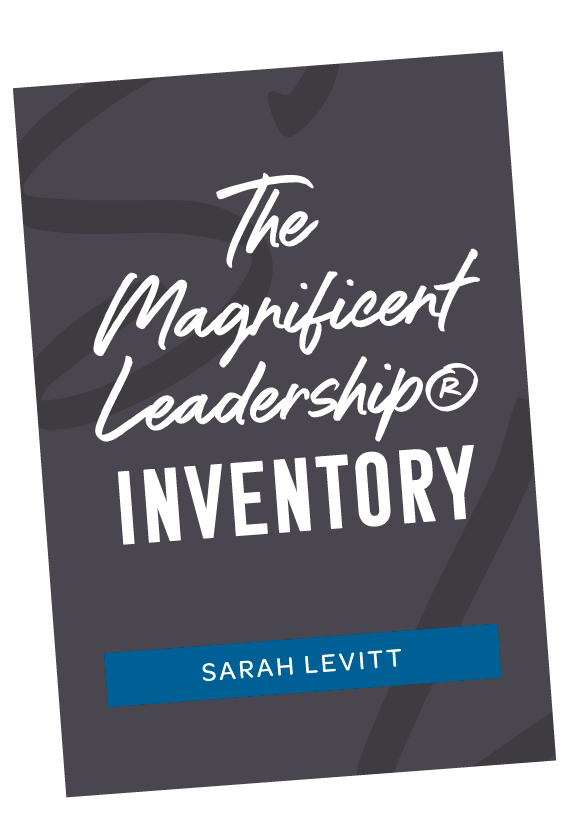The following submission has been selected for this month. To send in your questions for Ask Me, hit reply or email me directly: sarah@sarah-levitt.com
From Name withheld, Senior Director in Healthcare:
What criteria would you advise leaders to consider when trying to navigate when they should leave a company or job search for a new role?
- First, know what’s driving the consideration. What do you want? More impact? A new challenge? Greater autonomy? A better work-life integration and balance? Better salary? A different work culture? A combination?
- Define what it is you’re looking for. This will begin to illuminate your non-negotiable fundamentals should you decide to leave, and can serve as signposts if you explore getting what you’re looking for right where you are.
- If you think it’s time to move on, take into consideration the practical and important considerations of: Your financial obligations and aspirations, your responsibilities for family members, and your timeline of when you’d ideally like to make a change.
- Next, take an inventory of the following: your talents/what you’re good at, your passions, and market need. In other words, where can you excel, get paid well, and love what you’re doing? Sometimes knowing what you love is harder to uncover than knowing what you’re good at, and having a coach to guide you through that process can be quite valuable.
- A job search for the right role, the ideal role, is one that requires a concrete strategy and action plan. This is not to be underestimated when you’re looking for the opportunity where you will thrive. Identify what kind of experience you want, in which industry (you might be jumping industries or going out on your own, which is its own plan), what role, and what kind of culture and values are important to you. Then match those criteria with your network and create a plan. I work with clients to create a target list of people and companies, for initial learning conversations and networking and for actual opportunities.
- As part of that strategy: be able to describe your work and its success in a brief sentence or two, get your resume looked at and polished, role play for conversations ranging from networking to actual interviewing, know where your weak spots are and address them, practice on low-stakes exchanges, know your numbers and be able to relate them to what’s meaningful in business, know your stories (this can be much harder) that convey and showcase who you are (a cross-functional leader who knits together coalitions to deliver results on high stakes initiatives, for example).
- Find others who have made a leap with success. I particularly emphasize this when someone is moving from corporate to becoming an entrepreneur.
- Lastly, remember that you’re interviewing your prospective employer in addition to being interviewed.
In the last two years, many more of you with established careers are moving into new roles at new organizations, including going out on your own. If you’re one of them, I can help. Go here to set up a time to chat about how we can work together. Clients are landing new positions with significantly higher salaries, finding greater autonomy and culture fit, and pursuing passion projects.




 Are you elevating your leadership as your business grows?
Are you elevating your leadership as your business grows?